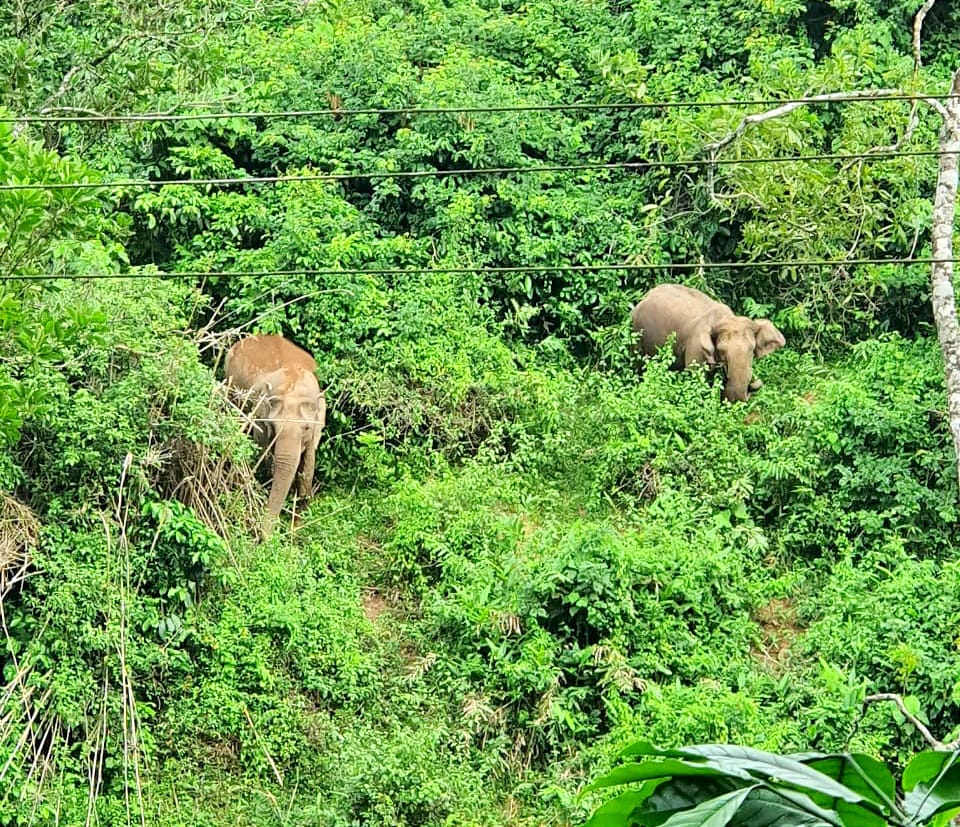Deforestation in Kerala: Are we witnessing an irreversible ecological crisis?

Deforestation in Kerala: Are we witnessing an irreversible
ecological crisis?
Kerala, known for its lush green landscapes and abundant biodiversity, has recently come under scrutiny with the alarming revelation of vast deforestation in the region. Over the course of four decades, an astonishing 9 lakhs hectares of forest have been cleared, this concerning trend has severe implications for the state's unique flora and fauna.
The World Wide Fund for Nature's Living Planet
recently released a concerning report that highlights Kerala's devastating loss
of forest cover between 1973 and 2016. According to the report, the state has
witnessed a staggering decline of 50% in its forested areas during this period.
This shocking revelation raises serious concerns about the future of Kerala's
natural ecosystem and bidiversity. The report indicates that rampant
deforestation activities, including illegal logging, agricultural expansion,
urbanization, and infrastructure development projects, have been major
contributing factors to this drastic loss. Such activities have not only
destroyed precious habitats for various wildlife species but also disrupted the
delicate balance of Kerala's ecological system. The consequences of this
alarming habitat degradation are already evident as many indigenous species
face extinction threats and entire ecosystems collapse.
In a devastating blow to biodiversity, the
global conservation community has raised the alarm that 12 species of mammals,
3 species of birds, and a staggering 19 species of amphibians are teetering on
the edge of extinction. This dire situation calls for immediate action as these
animals play vital roles in maintaining our planet's delicate ecosystems. The
loss of these species would not only disrupt natural food chains but also
result in severe ecological imbalances. The years
following 1970 have witnessed an alarming decline in marine and freshwater
species, posing significant threats to aquatic ecosystems.
The World Wildlife Fund (WWF) has issued a dire
warning, highlighting the interconnectedness of environmental extinction and
the risk of epidemics. The destruction of natural habitats, illegal wildlife
trade, and climate change all contribute to this dangerous phenomenon. As human
activities continue to encroach upon wildlife habitats, species are forced into
closer contact with humans than ever before. This proximity increases the
likelihood of zoonotic diseases – those which originate in animals – jumping to
humans. COVID-19 serves as a stark reminder of this reality; believed to have
originated from bats or another wild animal species sold at a market in Wuhan,
China.




